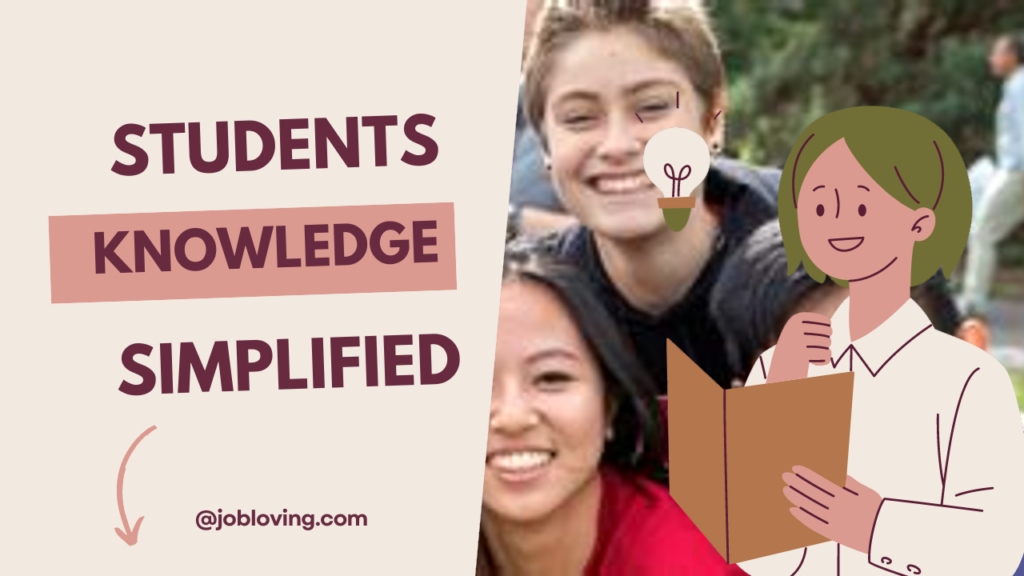Imagine walking the ivy-covered paths of Cornell University, where the air is filled with the buzz of intellectual curiosity and the excitement of campus life. But who exactly is suited to thrive in this dynamic environment? If you’re eyeing a spot at this prestigious institution, it’s crucial to understand the type of student who flourishes here.
First off, high academic achievers are a must. Cornell has a reputation for its rigorous coursework, and students who are unafraid of hard work while excelling in their studies have the highest chances of success. This means consistently high grades in a challenging educational setting and stellar SAT or ACT scores are non-negotiable if you want to make the cut.
Yet, great grades alone won’t get you far at Cornell. Students here are expected to juggle many balls at once. Those who thrive in Cornell’s competitive atmosphere are often outgoing, intelligent, and risk-takers. They engage in a myriad of extracurricular activities beyond academics, which means you should be ready to dive into campus life wholeheartedly. This well-rounded approach truly enhances the Cornell experience, providing skills and connections that enrich both personal and professional paths.
What about personality traits? If you possess a curiosity and adaptability, you’re already halfway there. Cornell encourages students to explore new avenues and step outside their comfort zones. It’s the kind of place where the walls of academic boundaries fade away, allowing for interdisciplinary studies across its many colleges. If you’re willing to send the “Type A” personality to the forefront, driving your ambition while also remaining receptive to new ideas, you’ll drive straight into a realm of opportunities.
Independent learners tend to do best at Cornell, particularly those who are comfortable navigating through the large, often bustling, campus environment. This independence isn’t just encouraged; it’s essential. Support may not come looking for you, so students need to proactively seek out resources and forge their own paths. A bit of self-advocacy goes a long way, especially when the academic load becomes heavy.
Let’s not overlook the social aspect. Cornell boasts a vibrant scene, filled with diverse personalities from a myriad of cultural backgrounds. The community spirit thrives as students engage in various social opportunities—from Greek life to casual meetups in Collegetown. If you’re someone who enjoys connecting and making lasting friendships, you’ll find your niche among your peers.
While charm and charisma are vital, adaptability is equally important. With seasons that can be isolating, especially during winter, resilience is a key trait for incoming students. Those who embrace a mix of academic pursuits and social engagements truly paint the full picture of a successful Cornell student.
As a final note, Cornell’s motto of “any person, any study” emphasizes its value of inclusivity. If you’re prepared to embrace your individuality while also engaging with a diverse student body, you’re likely to create a fulfilling experience. Whether you’re an aspiring entrepreneur or a curious scientist, if you’re ready to embrace challenges and take the initiative, Cornell might just be your academic utopia.
What qualities contribute to a student’s success at Cornell University?
Students who are outgoing, intelligent, and willing to take risks tend to thrive in Cornell’s challenging academic and social environment. Additionally, those who are motivated, independent learners and possess a strong academic background excel due to the university’s competitive nature.
How does Cornell’s culture influence student engagement and personal growth?
Cornell’s culture encourages students to step outside their comfort zones, embrace curiosity, and adapt to diverse opportunities. This environment fosters personal growth for individuals willing to immerse themselves fully in the college experience, balancing academics with social engagement.
What role do extracurricular activities play in a student’s experience at Cornell?
Engaging in extracurricular activities is vital for students at Cornell, as most are involved beyond academics. These activities enrich the educational experience, allowing students to develop leadership skills, build social connections, and explore various interests.
How can students effectively navigate the academic challenges at Cornell?
To navigate the rigorous academic workload at Cornell, students must actively seek help, engage with their surroundings, and maintain strong study habits. A proactive approach to education, along with effective time management skills, is essential for achieving academic success and personal satisfaction.

